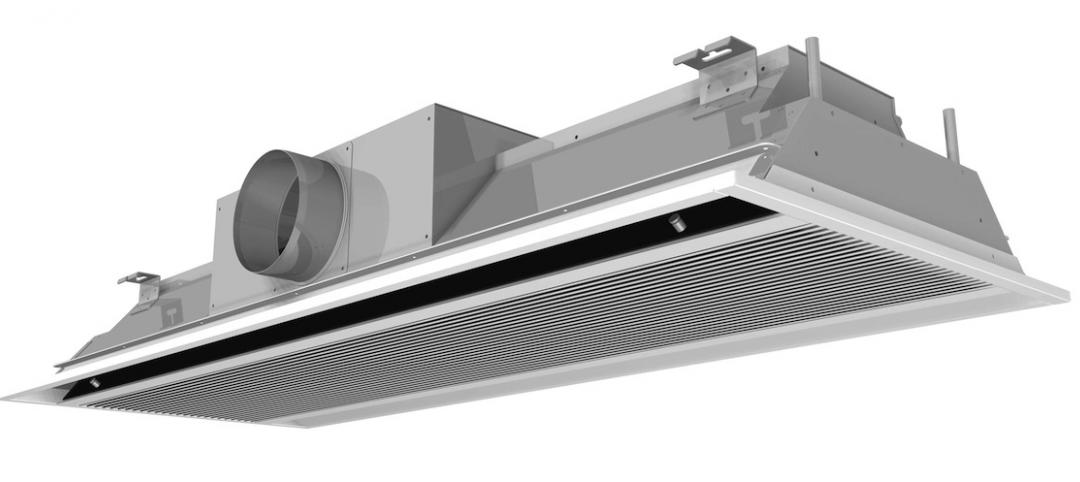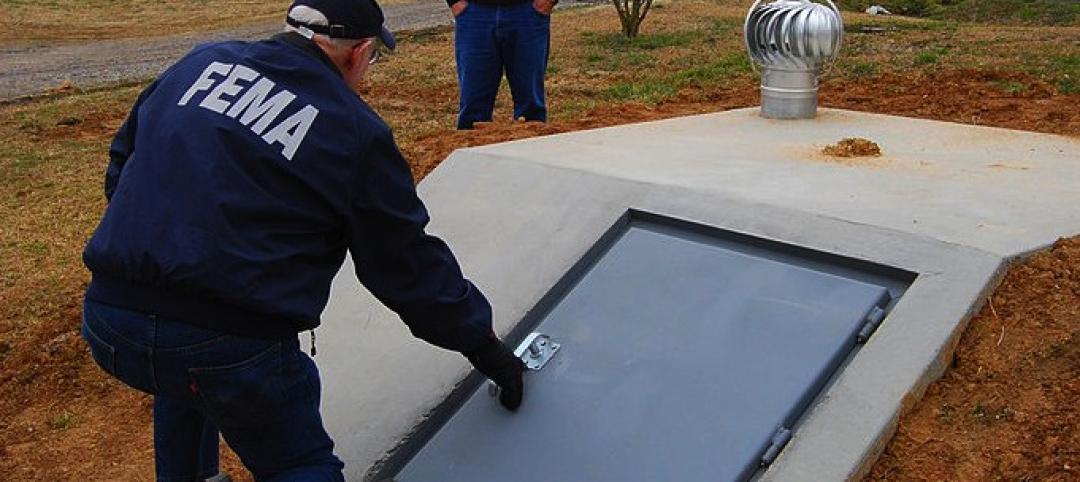Setting the air conditioning too high in an office is not only irresponsible from an energy use standpoint, it also degrades employee productivity.
There is strong data to back that premise. The director of the Human Factors and Ergonomics Laboratory at Cornell University pointed to a study that found offices with temperatures in the low 70s reduced the output of employees and led to increased mistakes.
The study measured the number of keystrokes employees typed in an office. In a 78F environment, workers produced more than twice as many keystrokes as those in a 70-degree environment. Productivity rose along with temperature in a linear fashion into the high 70s. It began to drop when temperatures reached the mid-80s.
The cold is distracting, with people doing things like rubbing their hands together for warmth. This issue may be impacted by the increased popularity of lighter, more casual wear in the office. De facto cooling temperature standards of 68F to 72F were established in the 1960s when business suits were the dominant office attire.
Related Stories
HVAC | Feb 6, 2015
ASHRAE, REHVA publish guide to chilled beam systems
The guide provides tools and advice for designing, commissioning, and operating chilled-beam systems.
Codes and Standards | Feb 2, 2015
AGC working with EPA on website to help with environmental rule compliance
The goal is for the site to be improved to make it easier for construction contractors to learn how to comply with federal and state environmental guidelines.
| Feb 2, 2015
New York law requires informing firefighters of wood truss construction
New York enacted a law that could make firefighting a bit safer by mandating property owners inform government and first-responders when they build or rehabilitate a building using "truss-type" pre-engineered wood or timber.
| Jan 14, 2015
Ontario code changes boost accessibility for people with disabilities
The new amended Ontario building code includes several provisions that improve accessibility for those with disabilities.
| Jan 14, 2015
American Concrete Institute releases Spanish edition of structural concrete code
New York City last year adopted the National Institute of Standards and Technology (NIST) recommendation to require additional exit stairways in high-rise buildings.
| Jan 14, 2015
Terrorism Risk Insurance Act renewed
President Barack Obama signed the Terrorism Risk Insurance Act law on Jan. 12.
| Jan 9, 2015
Academy of Art in San Francisco under fire for code violations
The fast-growing Academy of Art is under intense scrutiny by the City of San Francisco for code violations.
| Jan 9, 2015
New law mandates storm shelters in Illinois schools
An Illinois law took effect on Jan. 1 that requires all new and remodeled schools to have storm shelters.
| Jan 9, 2015
New OSHA regulations on reporting workplace deaths, hospitalizations take effect
As of Jan. 1, all employers under the jurisdiction of OSHA are required to report all work-related fatalities within eight hours and all in-patient hospitalizations, amputations, and losses of an eye within 24 hours.
| Jan 9, 2015
Zoning policy makes Bethesda, Md., a model walkable suburb
In sharp contrast to most suburban communities in the Washington, D.C. area, Bethesda, Md., stands out as a fine exemplar of the new urbanism ethos.













